If you’re interested in becoming a member of ECOM, please contact Dorit Bar-On.
Director
Dorit Bar-On
Professor, Philosophy, University of Connecticut
(formerly Zachary Smith Distinguished Professor, Philosophy, UNC-Chapel Hill)
Professor Bar-On specializes in philosophy of language, philosophy of mind, epistemology. She also has research interests in metaethics. In her book Speaking My Mind: Expression and Self-Knowledge (Oxford Nov 2004), she develops a neo-expressivist view of first-person authority, drawing on insights from philosophy of language, philosophy of mind, theory of action, and epistemology. In recent years, she has been working on the topic of continuities between linguistic and non-linguistic communication and expressive behavior. She is currently working on a book manuscript entitled Expression, Communication, and the Origins of Meaning, under contract with Oxford University Press. She also has a forthcoming article jointly written with ECOM member Drew Johnson in an international volume on epistemology. Additional works in progress: a book on expression and self-knowledge (with Crispin Wright), a book on truth (with Keith Simmons), and a manuscript on neo-expressivism.
Distinguished ECOM Member

Ruth G. Millikan
Professor, Philosophy, University of Connecticut
Ruth Millikan's research interests span many topics in the philosophy of biology, philosophy of mind, philosophy of language, and ontology. The unity is in method rather than subject matter. The aspects of these fields that interest her are continuous with relevant scientific work and with the philosophy of science. She has been especially interested in applications of evolutionary theory in these areas, and in the ontology that makes study of biological entities possible.
Faculty Members
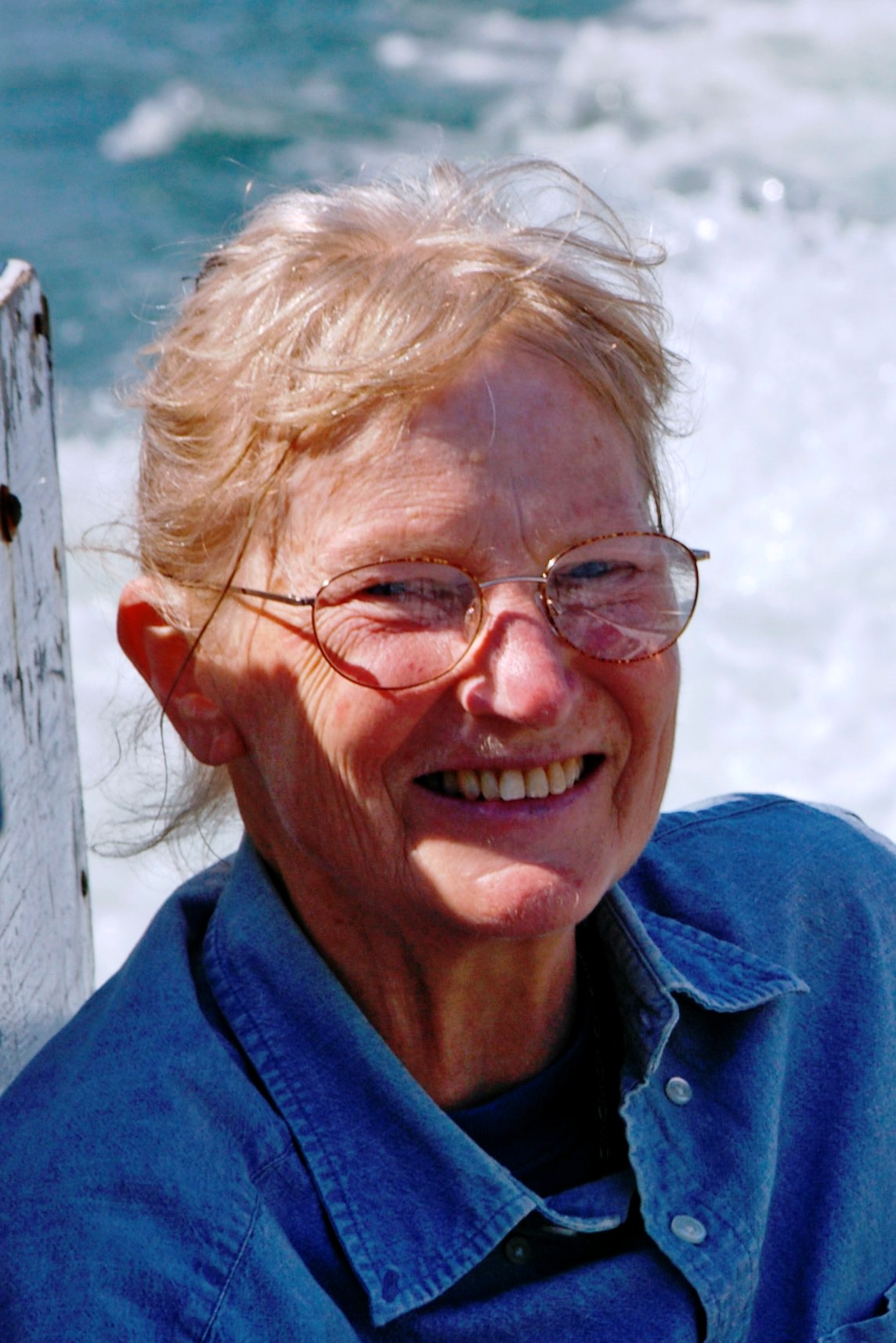
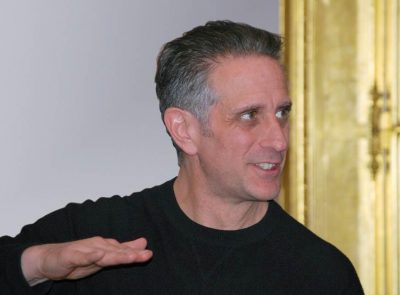
Dr. Marie Coppola
Associate Professor, Psychology, Linguistics, Director of the Language Creation Laboratory, University of Connecticut
Dr. Coppola investigates the contributions of the learner and the environment by studyinglanguages created de novo by individuals (homesign gesture systems) and communities (e.g., Nicaraguan Sign Language). She also investigates the relationship between language development and cognitive development in the areas of number cognition, social cognition, and executive function. She also co-edits the Sign Language Typology book series.

Inge-Marie Eigsti
Associate Professor, Psychology, University of Connecticut
Prof. Eigsti’s work addresses a fundamental challenge of autism spectrum disorders (ASD): Mapping complex behavioral constructs, such as social communication difficulties, onto mechanistic processes in the brain. We do this, in part, by measuring the role of low-level (and particularly non-social) cognitive processes, such as working memory and auditory processing, that can be linked to genetic, neurophysiological or neuroanatomical domains, and that influence socio-communicative behavior. The aim is to better understand the pathology of ASD by linking research across molecular, neurofunctional, and behavioral levels, using a variety of behavioral and neuroimaging techniques. One major project focuses on adult outcomes in ASD.
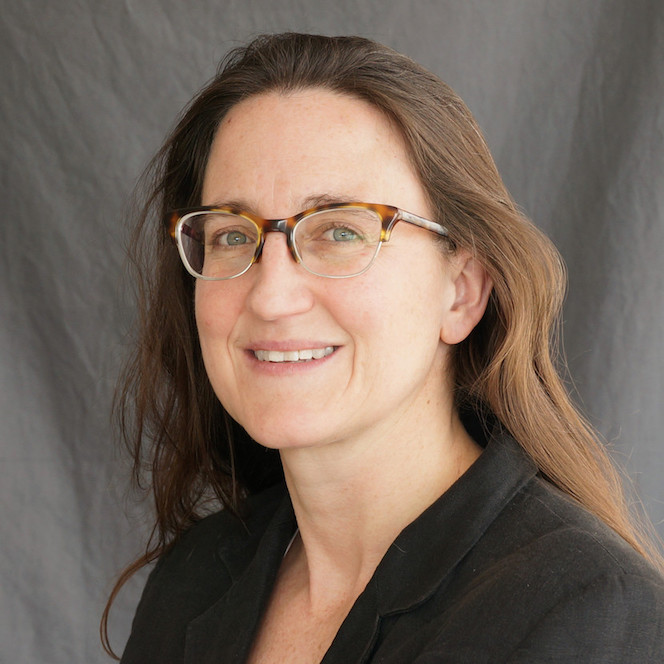
Mitchell Green
Professor, Philosophy, University of Connecticut
Mitch Green's specializations are in Philosophy of Language, Philosophy of Mind, and Aesthetics. His current research interests include evolutionary biology of communication, speech acts and their role in communication, empathy, self-knowledge, self-expression, and attitude ascription. He is the current editor-in-Chief of the journal Philosophia. His latest article ‘Dimensions of Commitment & the Abuse of Illocutionary Norms in Public Discourse,’ is forthcoming in Topoi.
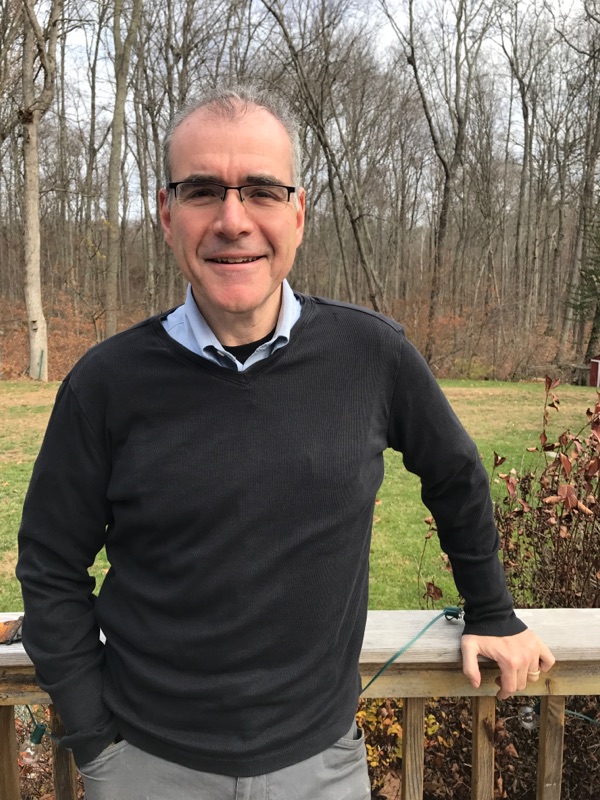
Harry van der Hulst
Professor, Linguistics, University of Connecticut
Professor van der Hulst specialized in the study of phonology in both spoken and sign languages, with over 170 articles and 29 edited volumes in these areas. Recent work includes Asymmetries in vowel harmony – A representational approach (2018, Oxford University Press) and two books that are to appear: Radical CV Phonology – a theory of segmental and syllabic structure (2020, Edinburgh University Press) and A mind for language – The innateness debate (2020, Cambridge University Press). Work on two handbooks (on Vowel Harmony and on The history of phonology (both for OUP) is ongoing. Van der Hulst is Editor-in-Chief of The Linguistic Review and co-editor of the series ‘Studies in generative grammar’ (both with Mouton de Gruyter). Beyond phonology, he has interests in the study of gesture, language evolution and form-meaning relations in all forms of semiotic systems.
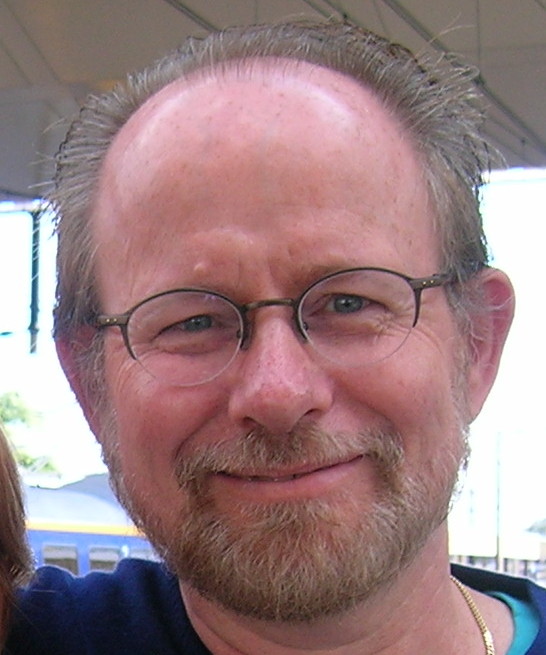
William G. Lycan
Distinguished Visiting Professor, Philosophy, University of Connecticut
and William Rand Kenan Professor Emeritus, Philosophy, UNC-Chapel Hill
William G. Lycan specializes in philosophy of mind and philosophy of language, but also contributes to epistemology. He is the author of: Logical Form in Natural Language(MIT, 1984); Knowing Who(with Steven Boer) (MIT, 1986); Consciousness(MIT, 1987); Judgement and Justification(Cambridge, 1988); Modality and Meaning(Kluwer, 1994); Consciousness and Experience(MIT, 1996); Real Conditionals(Oxford, 2001); On Evidence in Philosophy (Oxford, 2019) and 190-odd articles on assorted topics. He has a new paper entitled "What Is It We Touch?," forthcoming in Sensory Individuals (Oxford).
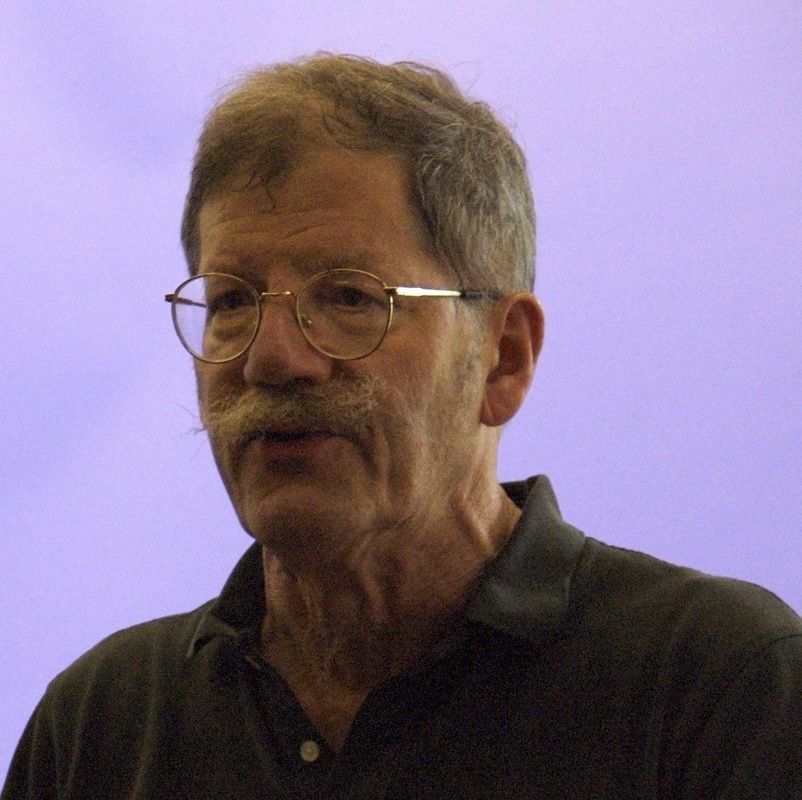
Emily Myers
Professor, Speech, Language and Hearing Sciences; Psychological Sciences, University of Connecticut
Dr. Myers studies the brain processes that support language comprehension, with a particular emphasis on the ways that listeners flexibly adapt as they learn new languages or encounter novel listening situations. Her work considers the ways these processes operate in typical, healthy individuals, and how the comprehension process goes awry in language disorders such as aphasia. Work in her lab is funded by the NIH (NIDCD) and NSF.
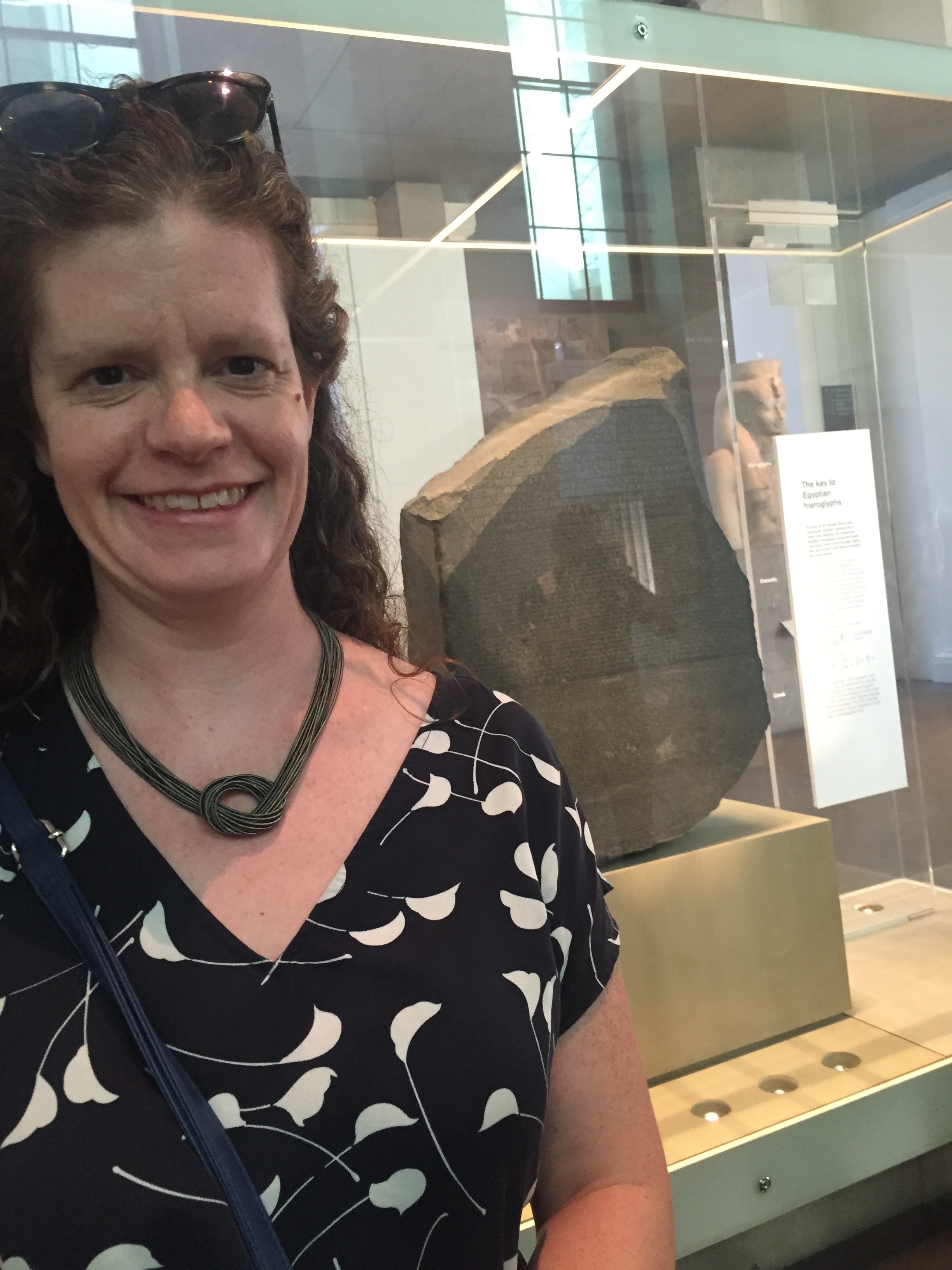
Dr. Naigles studies children’s language acquisition, particularly across languages and with special populations. Her current research focuses on the interacting roles of linguistic input and linguistic predispositions in the acquisition of word meanings and sentence structures in both typically developing children and children who have been diagnosed with autism. She is the editor of Innovative Investigations of Language in Autism Spectrum Disorder (2017) NY: APA Books/Walter deGruyter and just received an R01 titled ‘Early Predictors to School Age Language: Individual and Interactional Child and Parent Factors’

Julian J. Schloeder
Assistant Research Professor, Philosophy, University of Connecticut
Julian Schloeder’s research spans the philosophies of logic, language, mind and metaethics. They engage with these topics from a pragmatist perspective, focusing on the social purposes and normative properties of the relevant concepts. Their current research deals in particular with expressivism in metaethics, the (more general) use of speech acts to express attitudes, a pragmatist analysis of dispositions, and with explaining the mental attitudes by appealing to the usefulness of commonsense psychology.

Associate Professor, Speech, Language and Hearing Sciences Director of the Auditory Brain Research Lab University of Connecticut
Dr. Erika Skoe studies how the brain processes sound, through the integration of neuro-electric, ecological, fieldwork, and serum-based measures of hearing. She has a particular interest in how experience shapes the auditory system and its connections to language and cognition across the lifespan.
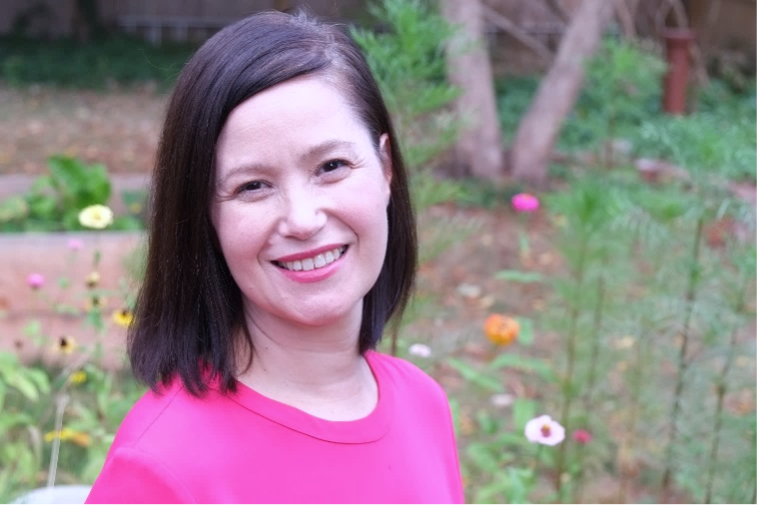
William Snyder
Professor, Linguistics, University of Connecticut
Dr. Snyder investigates the biological basis of the human capacity for language. He works within the Principles-and-Parameters (P&P) framework, positing that grammatical differences across languages are both abstract (i.e., not tied directly to individual surface constructions) and narrowly constrained (allowing only a small number of options). Dr. Snyder is the author of Child Language: The Parametric Approach (Oxford), and co-editor of the Oxford Handbook of Developmental Linguistics.
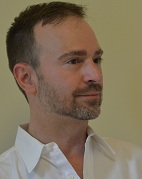
Whitney Tabor
Associate Professor of Psychological Sciences, University of Connecticut
Whit Tabor is interested in the tension between humans’ need for order and predictability, on the one hand, and their need for flexibility and novelty on the other. He has investigated this tension by studying grammar, language change, language processing, and, most recently, the emergence of coordination in groups.
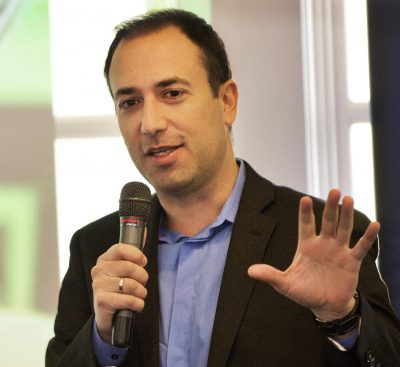
Eiling Yee
Assistant Professor of Psychological Sciences, University of Connecticut
Dr. Yee investigates how meaning is represented in the human mind by studying the cognitive and neural representations of concepts. An area of particular interest in the Yee Lab is the relationship between context (e.g., perceptual information and experiences) and language and/or conceptual processing. Dr. Yee also has interests in spoken word recognition and language processing more broadly.
Dr.Yee regularly teaches seminars on the Psychology of Language. Please contact her for more details.
Graduate and Postdoctoral Members

Aliyar Ozercan
ECOM Manager; Research Assistant in Neuroimaging, IBACS-BIRC; PhD Candidate, Philosophy, University of Connecticut
Aliyar’s interests are in Philosophy of Language, Philosophy of Mind, and Neuropsychology. He has worked on distinguishing speaker reference from audience reference. As his current research focuses on the neural activity of encoding and decoding representations, his overall aim is to develop a unified and robust theory to explain the whole processes involved in conversation -- from constructing, storing, and accessing representations to transferring and creating stimuli.
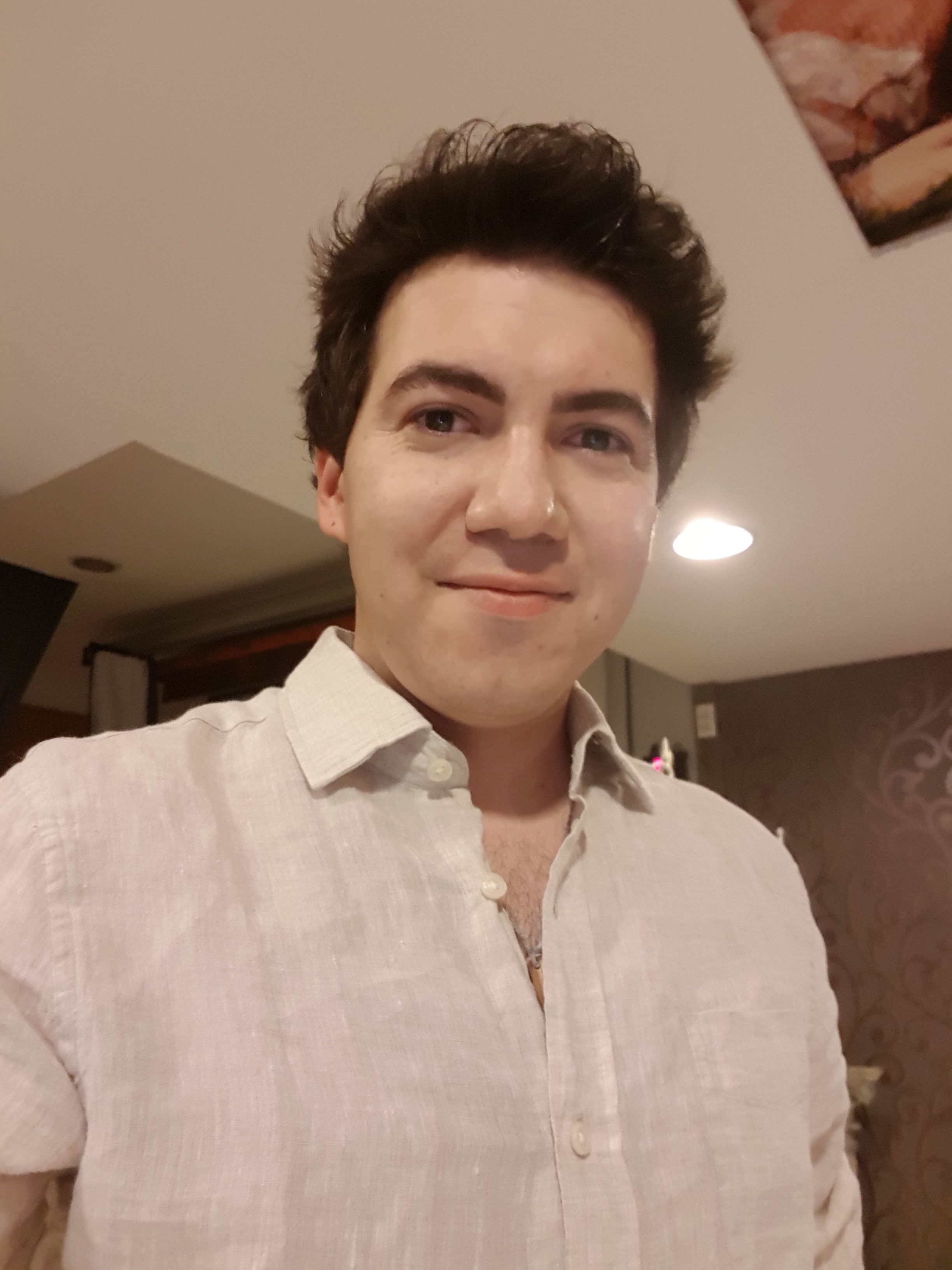
Megha Arora
Graduate student, Philosophy, University of Connecticut
Megha’s research interests lie in epistemology, social and political philosophy and ethics, specifically in social epistemology and feminist epistemology. She is interested in questions that focus on studying the oppressive systems that hinder knowledge creation by marginalized communities. At ECOM, Megha investigates the issues of coercion, fear and their effects on shared agency and joint action.

Nimra Asif
Graduate student, Philosophy, University of Connecticut
My research interests include philosophy of mind, philosophy of science, and philosophy of language. My current research focuses on theory of mind in non-human animals and infants and the evolutionary relationship between language and theory of mind. My secondary interests include political epistemology and the role of science in public policy.

Martin Flament Fultot
PhD candidate in philosophy at the Sorbonne University in Paris and PhD candidate at the Center for the Ecological Study of Perception and Action at UConn
Martin's interests are in the philosophy of biology, the philosophy of mind and psychology. His main interests are the problem of intentionality and the coordination of action. His current empirical research looks into the problem of postural coordination and how synergies can be measured and analyzed. His theoretical research looks into the links between thermodynamic principles, coordination and intentionality at all scales of living systems.
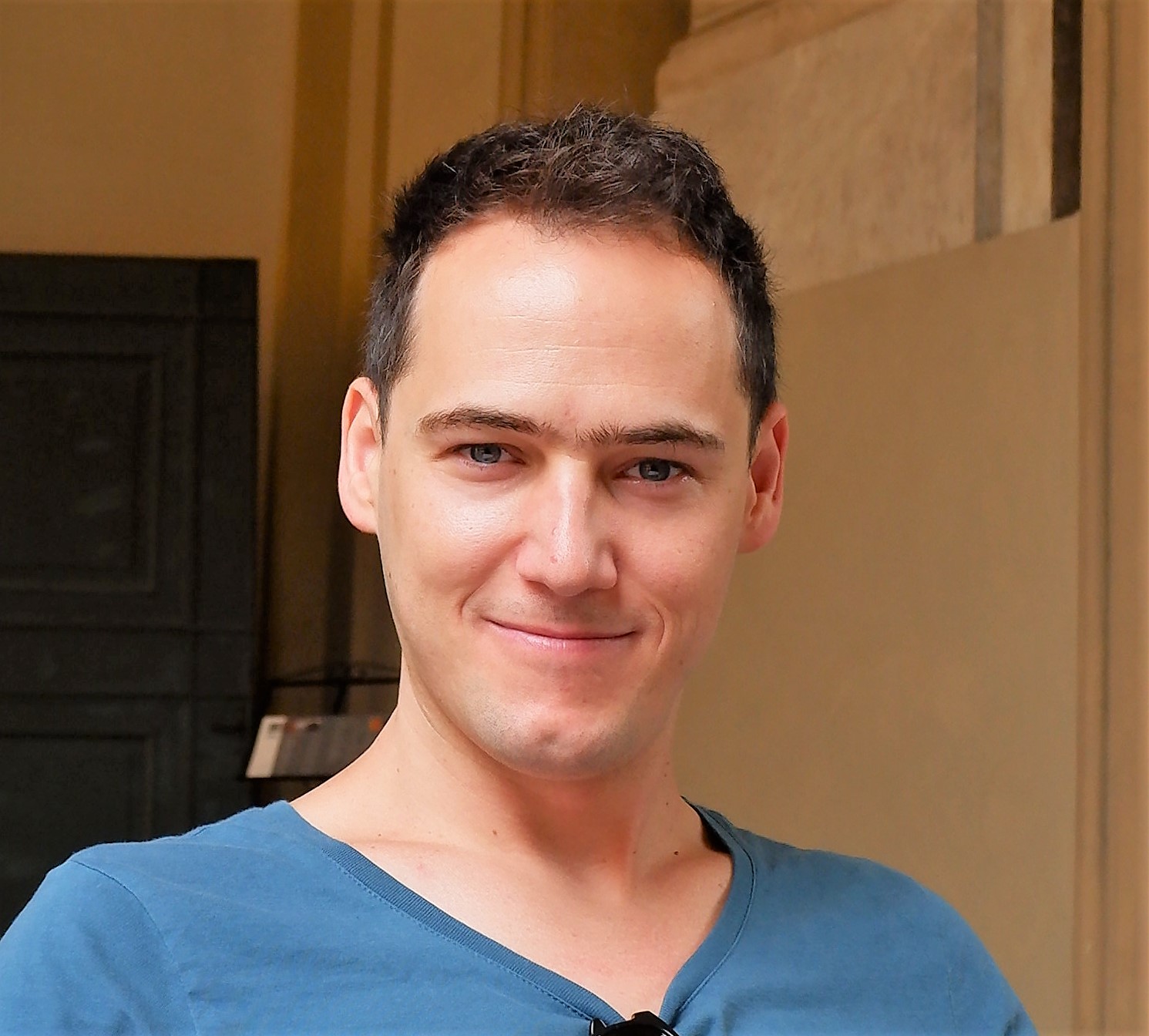
Michael Hegarty
Graduate Student, Philosophy, University of Connecticut
Michael's research is primarily in Philosophy of Mind. He works on intentionality, mental representation, perception, animal minds, and self-consciousness. Michael's PhD project applies recent work on nonconceptual self-consciousness to the problem of understanding the emergence of human rationality from its animal precursors. The project takes an interdisciplinary approach by incorporating work from cognitive science, psychology and evolutionary biology.

Robin Jenkins
PhD Candidate, Linguistics, University of Connecticut
Robin's areas of research interests include natural language semantics and pragmatics. His research includes the semantics of modals and attitude verbs.

Özcan Karabağ
PhD Candidate, Philosophy, University of Connecticut
Özcan's research interests include logic, philosophy of logic, and philosophy of mathematics, but he also works on problems in the philosophy of language. His research in logic focuses on the various conceptions of logical consequence, both model-theoretic and proof-theoretic. His research in the philosophy of mathematics focuses on the notion of potential infinity in theories of arithmetic and set theory.
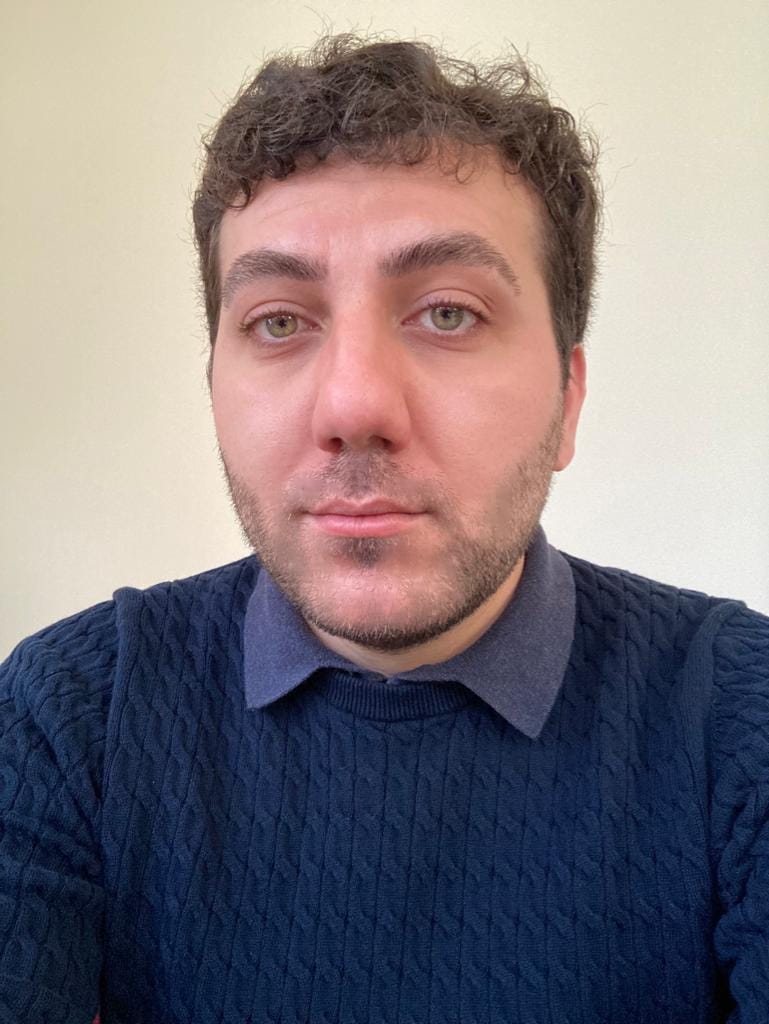
Nathan Lautz
Graduate Student, Psychology, University of Connecticut
Nathan’s interests and research have to do with the nature of the conceptual system. How is meaning, at the conceptual level, represented in the mind? How do we come to categorize our experiences? To what extent are the properties of the human conceptual system shared across species, and how do these differences and commonalities affect communication? Influenced by a form of grounded/embodied cognition, which asserts that concepts are instantiated, at least partly, in sensorimotor and affective systems, Nathan uses behavioral and cognitive neuroscientific methods to investigate some of these questions. He also has interest in the philosophy of mind (e.g., the nature of mental representation and the problem of naturalizing intentionality) and the philosophy of science/metaphysics (e.g., mechanistic accounts of explanation and the nature of causation in complex systems).

Joel Lorenzatti
Graduate Student, Philosophy, University of Connecticut
Joel studied philosophy at the National University of Rosario and the University of Buenos Aires. Upon graduation, he worked both as a lecturer in the areas of history and philosophy of science and as a grantee at the National Scientific and Technical Research Council, Argentina. In 2018 Joel was awarded the Fulbright Scholarship for pursuing graduate studies in the United States. He currently resides in Storrs, Connecticut, where he is a graduate student and graduate teaching assistant at the University of Connecticut. His interests include history and philosophy of science, philosophy of biology, and philosophy of cognitive science
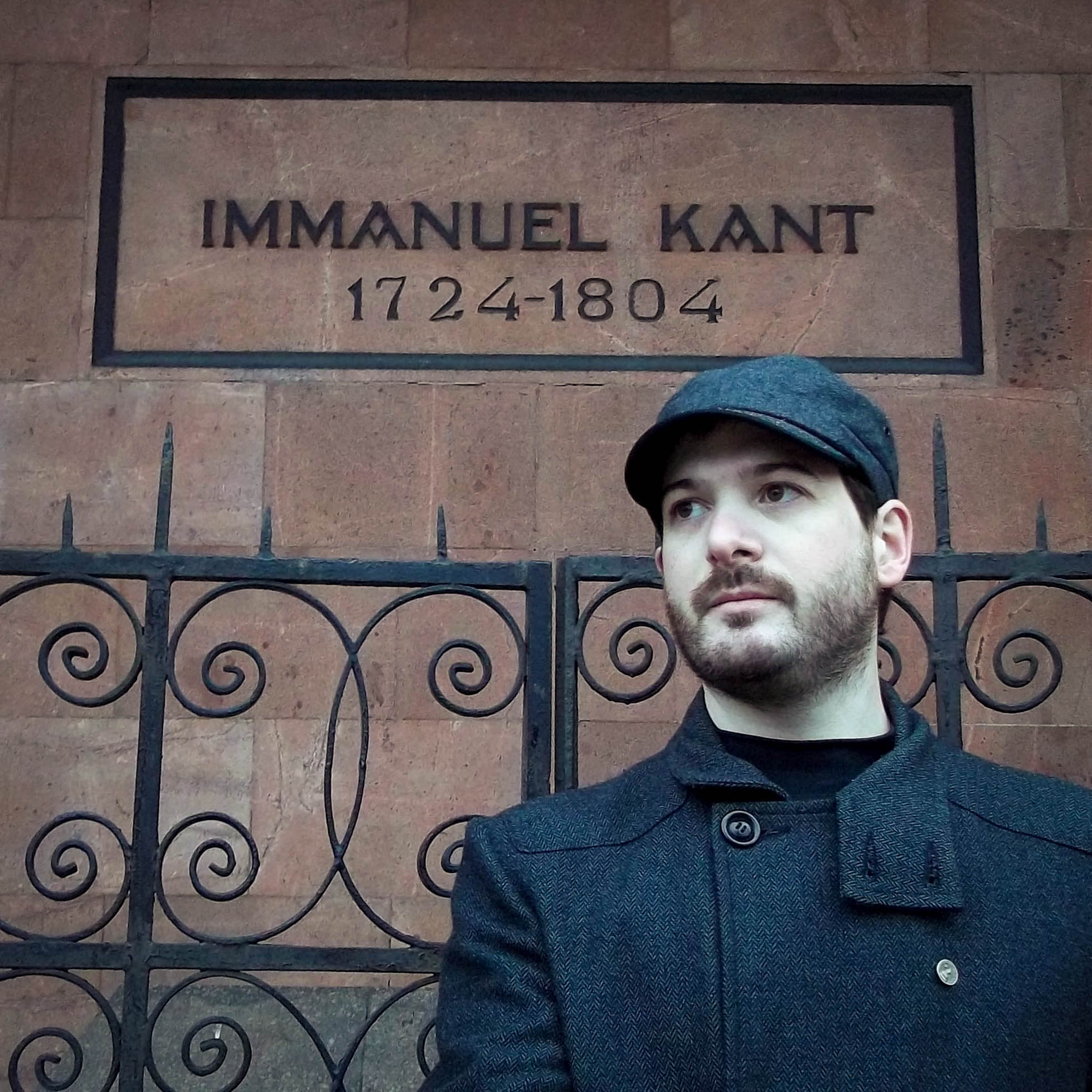
Susanna Melkonian-Altshuler
Visiting Graduate Student, Philosophy, University of Connecticut
Susanna's primary research areas are philosophy of mind, philosophy of language, and philosophy of art. She is interested in the relationship between emotion, intentionality, and phenomenology. She is also interested in the relationship between emotion, empathy, and morality. She has also worked on the relationship between embodied cognition, artifact concepts, and lexical meaning. She has done so at Heinrich-Heine-University Dusseldorf where she was a DFG-Junior Research Fellow at the Collaborative Research Centre 991: "The Structures of Representations in Language, Cognition, and Science".
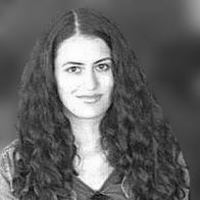
Amit Pinsker
Graduate Student, Philosophy, University of Connecticut
I received my BA in philosophy and the Amirim humanities honors program from the Hebrew University, and studied towards an MA in philosophy there prior to arriving at UConn. My main areas of interest are logic, philosophy of language, and rationality.
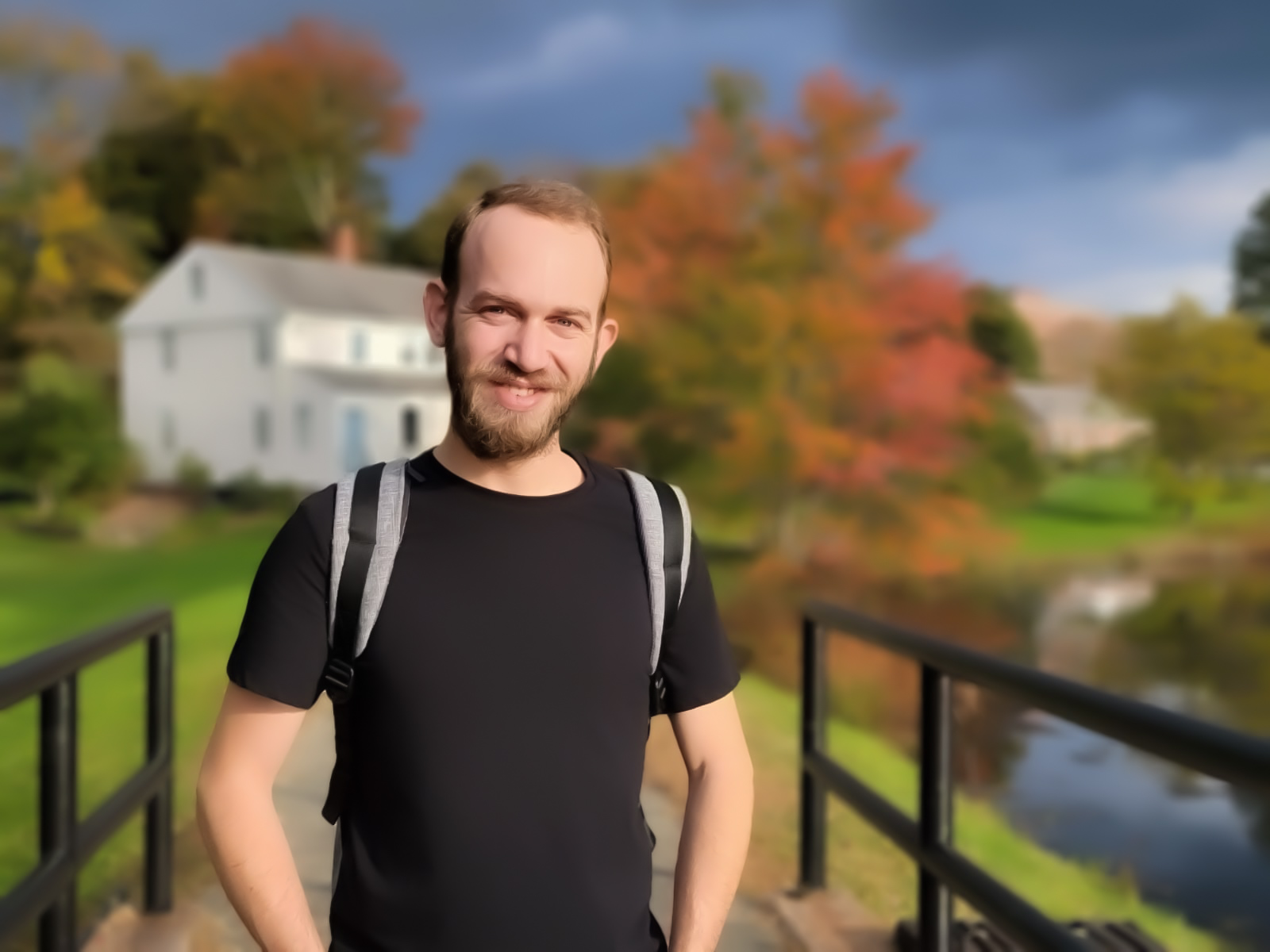
Christopher Rahlwes
Graduate Student, Philosophy, University of Connecticut
Chris' interests are philosophy of language, semantics, and Sanskrit grammar. His research focuses on the semantics of negation in Buddhist philosophy (esp. composed in Sanskrit and Pali). He has a secondary interests in the evolution of language and how cosmopolitan languages (e.g. Sanskrit and Latin) fall and give rise to multiple distinct languages.
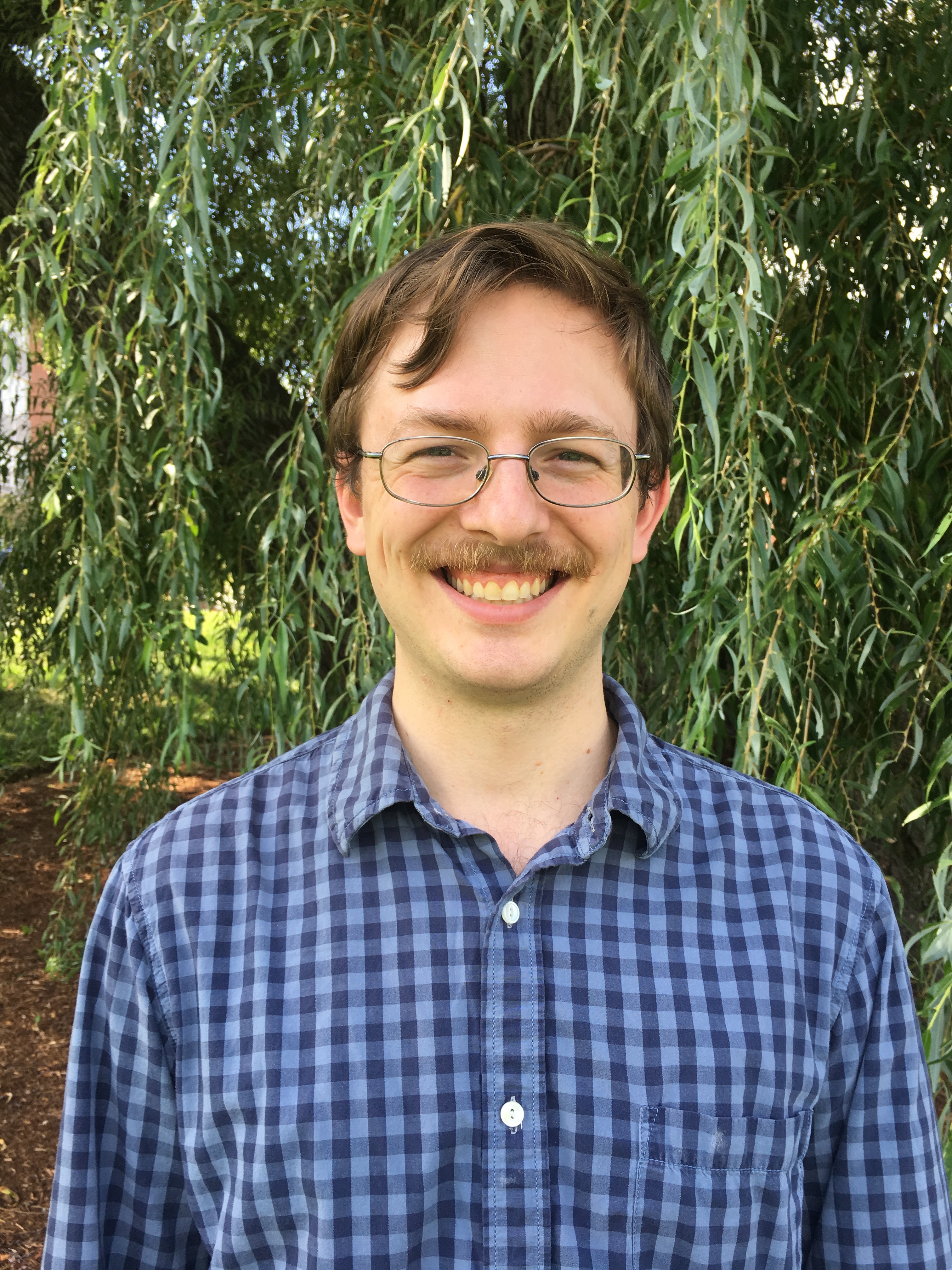
Jason Tosta
Graduate Student, Philosophy, University of Connecticut
Jason's primary areas of research are in epistemology, philosophy of mind, and philosophy of language. HIs current research concerns how social meaning is used to justify belief and action, and the role that imagination plays in our ability to express our experiences to other people.
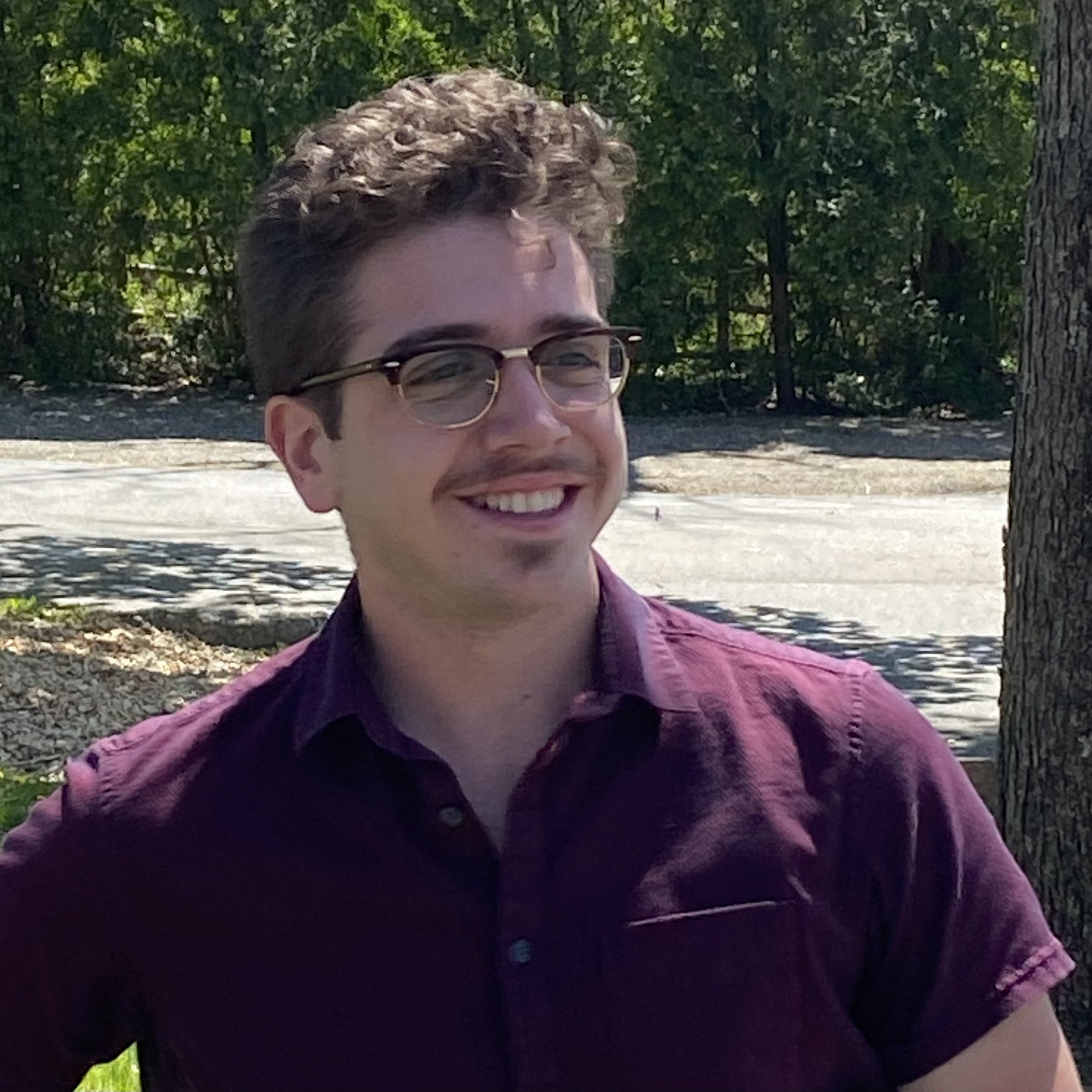
Utku Sonsayar
Graduate Student, Philosophy, University of Connecticut
Utku's primary areas of research are in epistemology, philosophy of mind, and philosophy of language. HIs current research concerns how social meaning is used to justify belief and action, and the role that imagination plays in our ability to express our experiences to other people.
Vivi Tecoulesco
Graduate Student, Developmental Psychology, University of Connecticut
My main research interests concern how individuals with autism spectrum disorders (ASD) learn and use language, with particular emphasis on lexical acquisition and organization. I am interested in the central auditory system’s role in language processing, specifically how inconsistent and/or imprecise neural coding of complex speech sounds affects word learning and use. I am also interested in the lack of generalization often seen in ASD and its effect on category formation and extension as well as on word learning strategies. Broadly speaking, I am trying to establish links between domain general sensory processing of speech and macro-level language ability.

Affiliated Members
Eno Agolli
Graduate student, Philosophy, University of Connecticut
Eno Agolli's primary interests are in the philosophy of language, the philosophy of logic and formal semantics. His research in language focusses on reference, specifically the semantics of proper names, pronouns, and anaphora. His research in logic focusses unrestricted quantification and logical nihilism. He dabbles sometimes in the philosophy of Wittgenstein, especially his theory of nonsense, especially as it pertains to the semantics/pragmatics interface
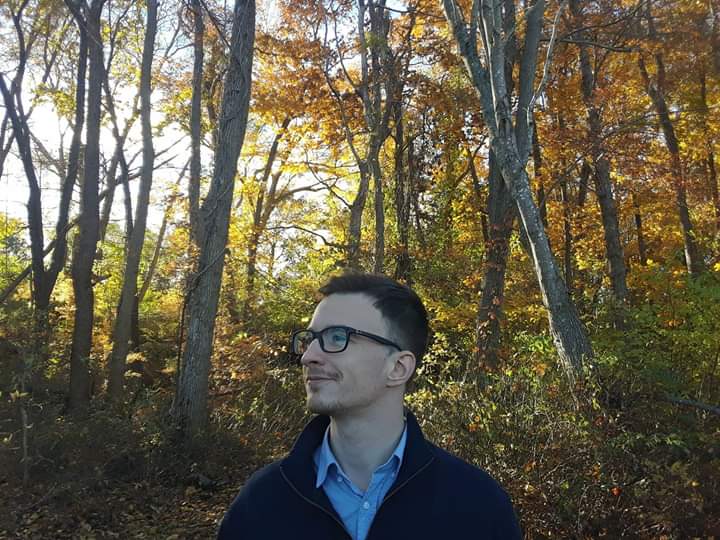
Teresa Allen
ECOM Research Specialist; Graduate student, Philosophy, University of Connecticut
Teresa is primarily interested in social, political, and feminist epistemology. Her dissertation explores the conditions under which we ought to open-mindedly engage with those with whom we disagree. She has secondary interests in philosophy of language, human rights, truth, and ethics.

Phillip Barron
Graduate Student, Philosophy, University of Connecticut
Phillip Barron is a poet and student in the PhD program in Philosophy. He works primarily in the disciplines of philosophy of language, mind, and aesthetics. Using techniques from pragmatics, his work offers an account of how a poem means.

Constant Bonard
PhD candidate and teaching assistant, philosophy, Swiss Center for Affective Sciences, University of Geneva (Switzerland) and Centre for Philosophical Psychology, University of Antwerp (Belgium)
Constant researches and teaches in the fields of philosophy of mind, philosophy of language, and aesthetics. His PhD is on the notion of affective meaning, how it is to be distinguished from that of descriptive meaning, and what is its role in human communication, verbal and non-verbal. Beside his PhD, he conducts research in music psychology.
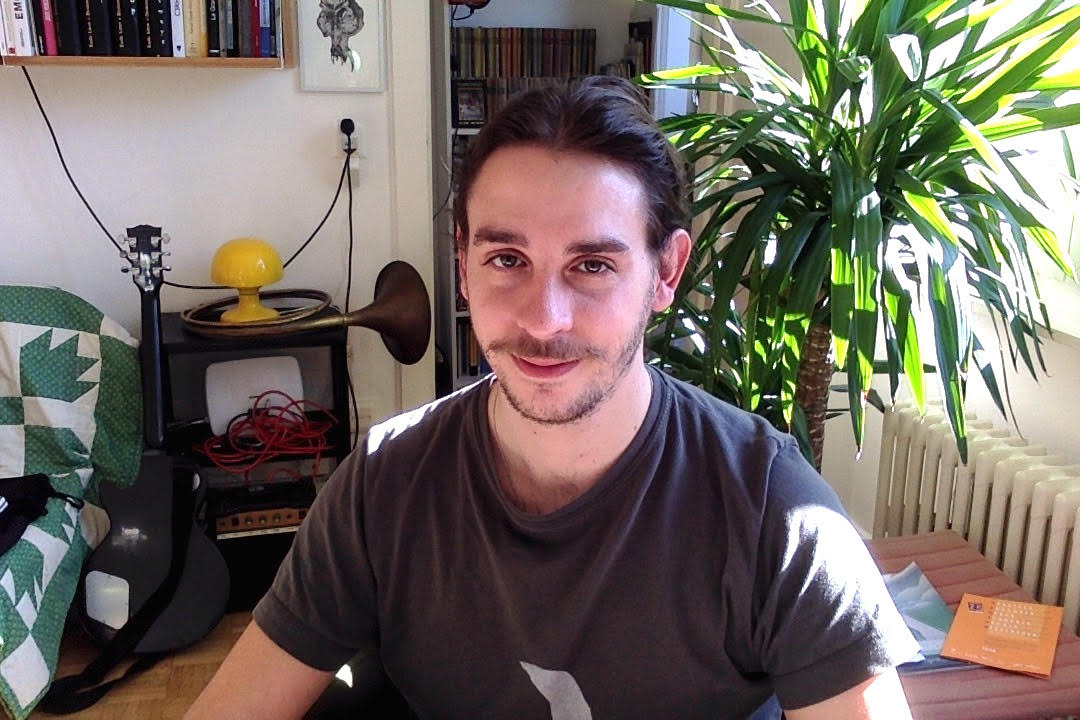
Robyn Carston
Professor, Linguistics , University College London
Professor Carston’s main research interests are in pragmatics, semantics, relevance theory, metaphor, and word meaning. Her approach is interdisciplinary, drawing on cognitive-scientific approaches to language and communication and on the philosophy of language. She has published a monograph Thoughts and Utterances: the Pragmatics of Explicit Communication (Blackwell, 2002) and is preparing a collection of her papers to be published under the title Pragmatics and Communicated Content, Oxford University Press.

Charles Davis
Graduate Student, Psychology, University of Connecticut
I use primarily cognitive neuroscience methods to answer the question, “How is meaning represented in the brain?” I am interested in semantic representation in language, and the neural circuits that support these representations. My current work is investigating the representation of abstract concepts, looking at the interaction of semantic and episodic memory in the processing of abstract concepts, and the role of the hippocampus in this relation. I am also interested in the distributed representation of semantic memory across sensorimotor areas of the brain (the extent to which sensory, perceptual, and motor areas are involved in processing language), and how these ideas map onto language creation and, from an evolutionary perspective, non-human communication.

Ralph DiFranco
Instructor, Philosophy, Auburn University
Ralph works primarily in philosophy of language and applied ethics. His current research is on slurs, inner speech, and derogatory humor.
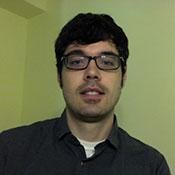
Trip Glazer
Assistant Professor, Philosophy, University of Dayton
Trip works primarily in the philosophy of emotion. He has written on emotional expression, emotion regulation, and emotion perception.
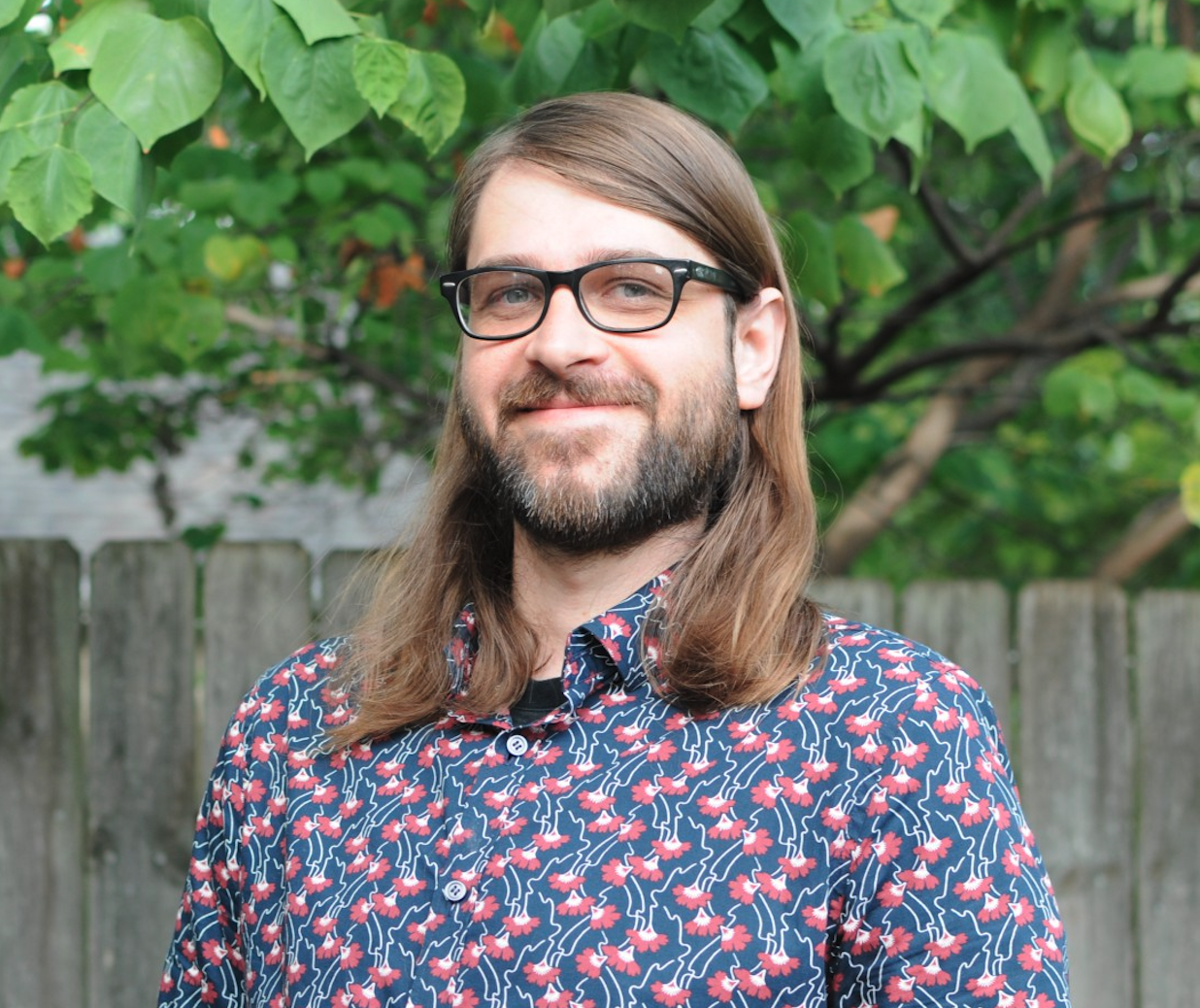
Mary Gregg
Graduate Student, Philosophy, University of Connecticut
Mary is working on her PhD at UCONN. Her research focuses on tests for consciousness in borderline cases of consciousness and the implications these tests have on our interactions with artificial intelligence. She also has interests in the interaction between metaphor and perception, the role of music as a signpost for consciousness in non-traditional cases, and how and whether language shapes our conception of time, space, and identity.
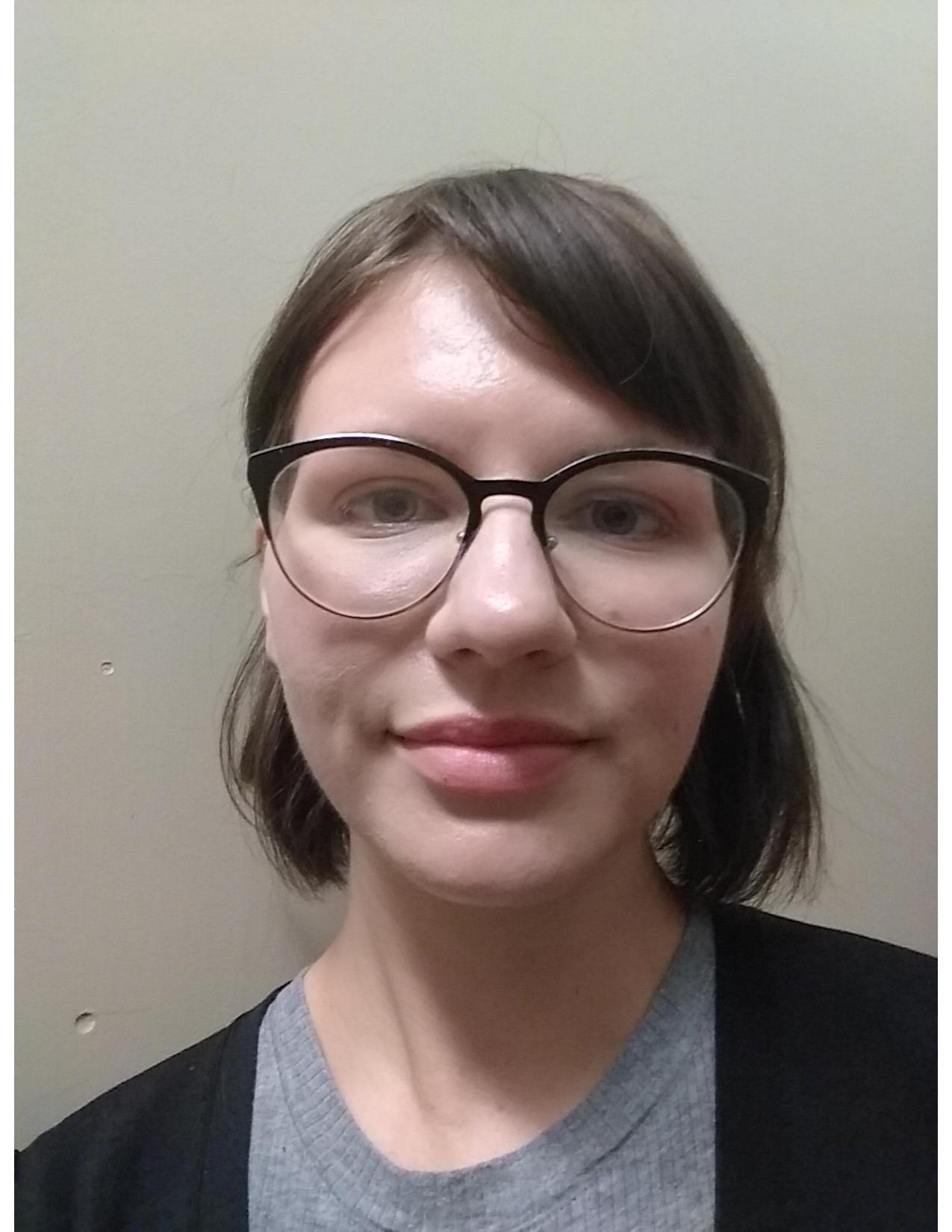
Nathalie Gontier
Researcher for the Department for History and Philosophy of Science
Nathalie Gontier is a Researcher for the Department for History and Philosophy of Science, at the Faculty of Science of the University of Lisbon, where she is sponsored by the FCT - Fundação para a Ciência e a Tecnologia (Grant ID: DL57/2016/CP1479/CT0066). She is an Integrated Member of the Center for Philosophy of Science (Project IDs UID/FIL/00678/2013, UID/FIL/00678/2019, UIDB/00678/2020) and she is the Director of the Applied Evolutionary Epistemology Lab. She is the Editor-in-Chief of the Book Series Interdisciplinary Evolution Research and Associate Editor of the journal Evolutionary Biology. She Advisory Editorial Board Member for Theoria et Historia Scientiarum; Advisory Board Member for Empedocles: European Journal for the Philosophy of Communication; Review Editor for Frontiers in Psychology/Theoretical and Philosophical Psychology; Permanent Board Member of Protolang; Member of the Third Way of Evolution; and Collaborator of the Astra Project. Her research interests comprise the conceptualization and depiction of biological, linguistic and sociocultural evolution. About AppEEL:
Founded with the support of the John Templeton Foundation in 2012, at AppEEL, the Applied Evolutionary Epistemology Lab, we aim to advance the study of evolution from an inter- and transdisciplinary approach; and to identify how biological evolutionary theories can be applied to the epistemological, sociocultural and linguistic domains. We operate from within the general frameworks provided by philosophy of science, and in particular endorse an applied evolutionary epistemological approach. This means that focus lies on identifying the ontological structures foundational for evolutionary theories. For info about AppEEL, please see here: https://sites.google.com/view/
Jared Henderson
Ontologist, Cycorp
Jared Henderson received his PhD from UConn in 2019. His dissertation was on theories of truth and their interactions with semantics. He now works as an ontologist at Cycorp in Austin, TX, where he works on common sense reasoning and natural language understanding.

Casey Johnson
Assistant Professor, Philosophy, University of Idaho
Casey's research focuses on the effects of social position and power on testimonial knowledge transmission and on conversation. In current work, she is interested in epistemic labor, disagreement, and epistemic and communicative injustice.

Drew Johnson
Post-Doctoral Fellow, Philosophy, Classics, History of Art and Ideas, University of Oslo
Drew Johnson is a post-doctoral fellow at University of Oslo, Department of Philosophy, Classics, History of Art and Ideas. Drew's primary research interests right now are in metaethics and epistemology. His main focus is on exploring a neo-expressivist account of the nature of ethical thought and discourse, in a way that ultimately allows for the possibility of ethical knowledge.
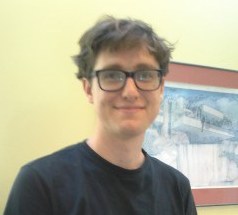
Kensuke Ito
Graduate Student, Philosophy, University of Connecticut
Ken primarily studies assertion and denial in the philosophy of language and philosophical logic. He is also interested in the questions about their origins and precursors.
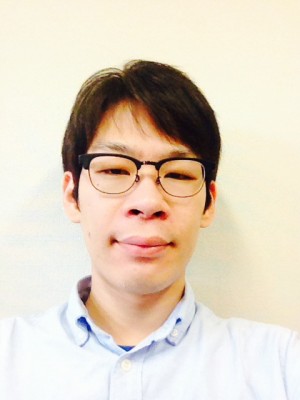
Nathan Kellen
PhD Candidate, Philosophy, University of Connecticut
Nathan's primary research interests are in truth studies and the philosophy of logic. His dissertation, preliminarily titled Pluralisms about Truth and Logic, examines the theoretical connections between truth pluralism and logical pluralism. Other interests include normativity, philosophy of language and semantic anti-realism about pretty much everything.
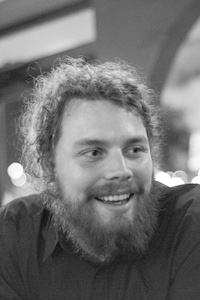
Sally McBrearty
Professor, Anthropology, University of Connecticut
Professor McBrearty's research focuses on human evolution, particularly the origin of Homo sapiens, paleolithic archaeology, African prehistory, lithic technology, taphonomy and geoarchaeology; Africa. She gave a talk as a part of ECOM Speaker Series, titled "The Revolution That Wasn’t: a New Interpretation of the Origin of Modern Human Behavior."
Nadja-Mira Yolcu
PhD candidate, Philosophy, University of Mannheim (Germany)
Nadja works primarily in philosophy of language (especially pragmatics) and philosophy of mind. She also has interests in epistemology. Her dissertation project aims to extend psychological expressivism to disavowals.
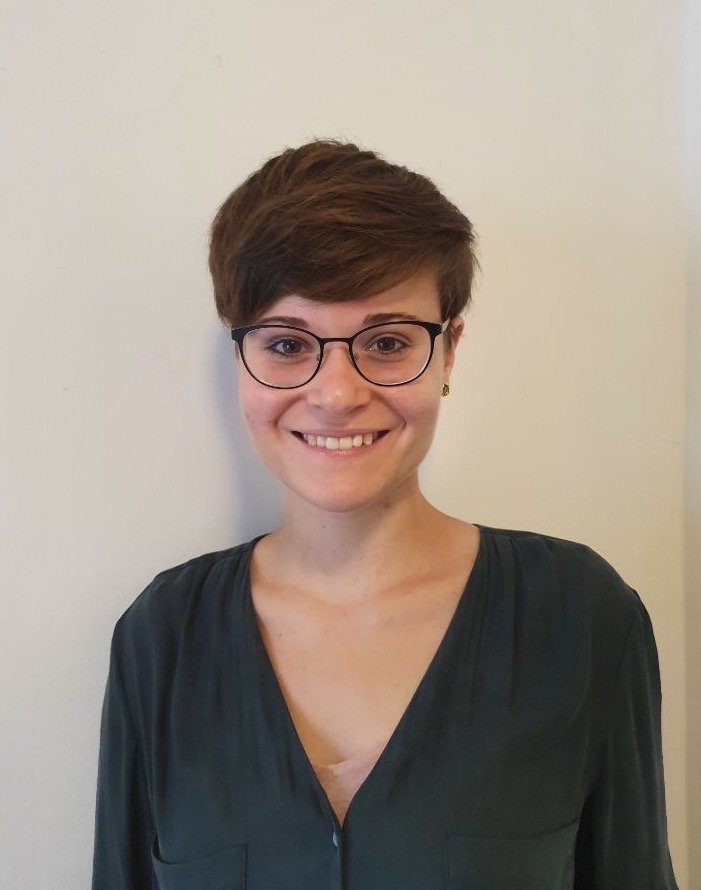
Richard Moore
Senior Research Fellow, Department of Philosophy, University of Warwick
Richard Moore is interested in the cognitive foundations of language and communication, and in their development in ontogeny, phylogeny, and in human evolution. He has published on the nature of communicative intentions, and on the development of language and other uniquely human forms of cognition; as well as empirical studies of the communication of infants, dogs, and non-human great apes. His UKRI-funded Communicative Mind research group is based at the University of Warwick.

Andrew Morgan
Visiting Assistant Professor, University of Alabama at Birmingham
Andrew’s research spans issues in moral psychology, social philosophy, and philosophy of language. He is interested in using pragmatics to better understand the diversity of inner speech’s forms and functions. In moral psychology this means exploring inner speech’s role in deliberation and action, and in social philosophy this means explaining the expressive power of solitary derogatory utterances. Andrew also works more generally on the implications of nonstandard linguistic contexts (like inner speech and internet speech) for our understanding of the nature of pragmatic phenomena like speech acts, implicature, and self-expression.
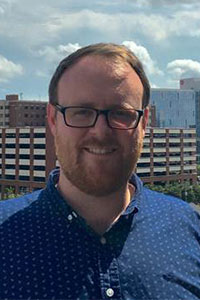
Kate Nolfi
Assistant Professor, Philosophy, University of Vermont
Kate works primarily in epistemology, although her research touches on related topics in metaethics, the philosophy of action, and the philosophy of mind. Kate is particularly interested in meta-normative questions in epistemology. Her dissertation, which develops and defends a novel account of the authority and force of epistemic norms, is titled "Understanding Epistemic Normativity." Before joining the Philosophy Department at UNC as a graduate student in 2008, Kate earned her B.A. at Williams College, where she double-majored in Philosophy and Mathematics.

Yanina Prystauka
PhD Candidate, Psychology, University of Connecticut
Broadly speaking, I am interested in the neurobiology of sentence processing. My current work is focused on understanding how the representations of entities introduced into the discourse are retrieved from memory and maintained as language describing them unfolds. To be more specific, I am interested in how our comprehension system maintains the representations of objects involved in state change events, and later selects the contextually relevant state representation. I am interested in examining this phenomenon in both monolingual and bilingual speakers.
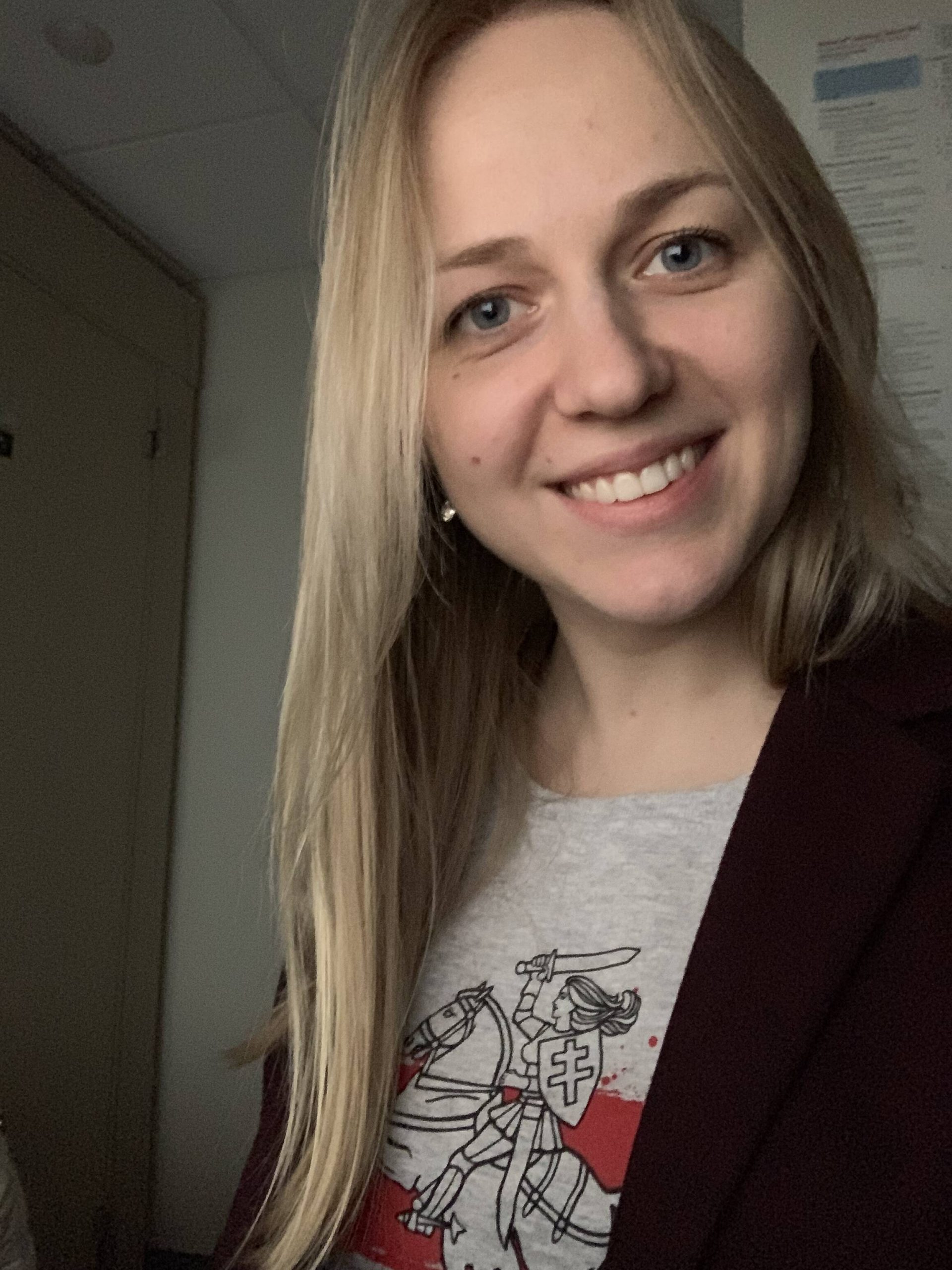
Kevin Richardson
Assistant Professor, Philosophy, North Carolina State University
Kevin Richardson specializes in metaphysics, philosophy of language, and pragmatism. His recent work focuses on the metaphysics of meaning and its implications for semantic theory.

Ashley Shaw
Leverhulme Early Career Fellow, University of Leeds
Ashley Shaw is a Leverhulme Early Career Fellow in Philosophy at the University of Leeds. He received his PhD from UCL in 2019. He works primarily in the philosophy of mind and action; in particular, on the nature of desire and rational agency, and the relationship between consciousness, self-control and self-knowledge. He also has interests in the philosophy of language with past projects on the semantics and pragmatics of slurs, and ascriptions of need and desire.
As a visitor at ECOM, his primary aim will be to finish a monograph provisionally titled Animal Desire: A Theory of Desire and Practical Rationality. This work pursues an interdisciplinary examination of various forms of desire and their contribution to rational agency. The account of desire draws extensively on research in behavioural psychology and cognitive neuroscience on reward learning and incentive motivational processes. Drawing on research in virtue-theoretic epistemology, this account of desire is nested into a framework that develops an account of our capacity to respond to reasons as a kind of competence. A central thesis is that desire rationalises action by determining some of our apparent reasons for action.
Jenelle Salisbury
Adjunct Instructor, Philosophy, Delta College
Jenelle is primarily interested in the nature of thought and its relationship to consciousness. She is also interested in the unity of consciousness and self-consciousness. She aims to use recent findings in neuroscience to inform philosophical theorizing on these issues. She also has research interests in the ethics of caring and radical empathy.

Alison Springle
Postdoctoral Researcher at the University of Tübingen
Alison is a Postdoctoral Researcher at the University of Tübingen. Soon she'll have completed her PhD in the department of philosophy at the University of Pittsburgh. Her research spans a variety of topics in the philosophy of mind, perception, cognitive science and psychology, and branches into topics in the philosophy of language, action, science, epistemology, and ethics. Her dissertation develops and defends an account of representation, but in particular mental representation, in terms of practical problem-solving abilities. According to Springle, original mental representations are best understood as "embodied instructive representations," which are "generative modes of aboutness" of one's potentiated actions and the states of affairs at which those actions are directed, and which have constitutive appropriateness rather than satisfaction conditions. Embodied instructive representations offer an account of original intentionality, the nature of knowledge-how as distinct from knowledge-that, and the nature of a general kind of practical knowledge. Springle has published on topics including knowledge-how/ practical knowledge, intentional action, skill, action theories of perception, perceptual representation, cognitive science, the epistemology of perception, and the method of cases. Her research can be found on her website: https://www.

Kate Hazel Stanton
Assistant Professor of Philosophy and Linguistics, University of Pittsburgh
Kate studies the conversational mechanisms underlying contextually specific meaning modification. Her work has focused on conventionally interpreted co-speech gesture, semi-idiomatic constructions and prosodic markers that can locally induce meaning enrichment. Recently she has also been working on the ways in which affective information is integrated into semantic content.

Ryo Tanaka
Graduate Student, Philosophy, University of Connecticut
Ryo Tanaka’s primary research areas are philosophy of mind and philosophy of language. He is interested in a normative aspect of intentionality/meaning, and its place in the natural world. Relatedly, he is interested in semantics and pragmatics of the normative language, and also the history of pragmatism (especially, Wilfrid Sellars). The topic of his dissertation focuses on philosophical issues on the nature of linguistic and conceptual knowledge.
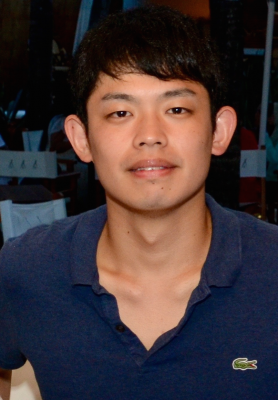
Anton Sukhoverkhov
Associate professor at the Kuban State Agrarian University, Department of Philosophy (Russia)
Anton Sukhoverkhov’s specializations are in the extended evolutionary synthesis, biosemiotics, origin and the evolution of language and communication. He also studies role memory and non-genetic inheritance (soft inheritance) in evolution of cognition and language. He is a member of the Applied Evolutionary Epistemology Lab (AppEEL, headed by Nathalie Gontier), where he collaborates on reticulate models of evolution, inclusive inheritance, and concepts of ‘system traits’ (community traits) and the ‘offspring effect’. In 2013 he visited the University of Connecticut as Fulbright scholar and worked under the supervision of Ruth Millikan and Carol Fowler. In 2018 received a research fellowship from the Endeavour Program (Australia) and conducted research at the Macquarie University, Sydney under supervision of Karola Stotz.

Carol W. Voeller
Freelance Editor and Researcher, Oregon State
Dr. Voeller got her Ph.D. from UCLA; her dissertation, titled The Metaphysics of the Moral Law: Kant’s Deduction of Freedom, was published in the Garland Studies in Ethics series edited by Robert Nozick. Her areas of specialization as a philosopher are in moral theory, environmental ethics, metaphysics and Kant. As an editor and research assistant, she has worked on a wide variety of topics in addition to the foregoing including: evolution of meaning, epistemology, philosophy of logic and mathematics and philosophy of language. She has broad interests in the sciences including ecology, evolution, paleontology, anthropology, biology and physics.
Ben Winokur
Visiting Assistant Professor of Philosophy at Ashoka University
Benjamin Winokur received his PhD from York University in 2021. For the 2022-2023 academic year he will be Visiting Assistant Professor of Philosophy at Ashoka University. His research interests span across epistemology, philosophy of mind, and philosophy of language. Currently, he is working on several projects about self-knowledge, first-person authority, and the social epistemology of the internet.

Past Faculty Members
Austen Clark
Emertius Professor, Philosophy, University of Connecticut
Monographs on reductionism, sensory qualities, and sentience from OUP. Specializations philosophy of psychology, philosophy of science, philosophy of mind. Recent interests in psychological models of color vision and of motor control as avenues into the mind-body problem.
Peter Gordon
Professor, Psychology, UNC-Chapel Hill
Peter Gordon’s work focuses primarily upon the psychology of language, though his interests in that topic are very broad. Right now he is focusing on several topics related to the higher levels of language comprehension. These include: the nature of the memory processes involved in understanding complex sentences, the identification of universal and language-specific processes in language comprehension, and the use of ERPs and fMRI to understand the relation between the brain mechanisms used for processing words in isolation and in meaningful context.
Douglas Long
Professor Emeritus, Philosophy, UNC-Chapel Hill
Professor Long specializes in philosophy of mind, epistemology, and metaphysics. He has published papers on a variety of topics, including persons, action, the mind-body problem, the concept of the human body, knowledge of other minds, and skepticism. Recent work has focused on the special role played by animate behavior with respect to the concept of mind and in supporting mental attributions.Sample publications include: “The Philosophical Concept of a Human Body,” Philosophical Review(1964); “The Bodies of Persons,” Journal of Philosophy(1974); “Agents, Mechanisms, and Other Minds,” in Body, Mind, and Method, Gustafson and Tapscott eds. (1979); The Self-Defeating Character of Scepticism,” Philosophy and Phenomenological Research (1992); “Why Machines Can Neither Think Nor Feel,” in Language, Mind, and Arted. by Jamieson (1994); “Avowals and First-Person Privilege” (with Dorit Bar-On, 2001); “Why Life is Necessary for Mind: The Significance of Animate Behavior” in Self, Language, and World: Problems from Kant, Sellars, and Rosenberg: in Memory of Jay F. Rosenberg, O’Shea and Rubenstein, eds. 2010.
Dean Pettit
Formerly ECOM's Associate Director
Visiting Assistant Professor, Philosophy, UNC-Chapel Hill
Dean Pettit has research interests in philosophy of mind, philosophy of language, and epistemology. He is working now on the relationship between linguistic understanding and perceptual knowledge.
Past Student Members
Emma Björngard
Academic Adviser, University of Connecticut School of Business
Emma's interests are mainly in Philosophy of Mind, Language and Ethics. Other interests include animal communication and the role of emotions in communication. Her dissertation is on embodied affect and cognition.
Aryn Conrad
Graduate Student, Philosophy, Duke University
Aryn is currently a graduate student in Philosophy at Duke, and concurrently working on a JD at Stanford Law School. Her philosophical interests include Philosophy of Biology, Function, Cultural Evolution, Moral Psychology and Aesthetics. Her legal interests include Tort Law, Constitutional Law, Criminal Law, Comparative Law, Legal History, and Law and Neuroscience.
Corey Cusimano
Research Assistant, Brown University
Corey graduated recently from UNC with a degree in philosophy and psychology, and a minor in cognitive science. His philosophical interests include philosophy of mind, ethics, metaethics, epistemology, and moral psychology. He also has interests in neuroscience, psycholinguistics, and experimental philosophy. He is currently a lab manager and research assistant in the Sentence and Discourse Processing Lab at Brown University, working with Laura Kertz.
Mike Deigan
Graduate Student, Philosophy, Yale University
Mike has interests in philosophy of language, mind, linguistics, and psychology. Also history of early modern philosophy (especially Hume) and early analytic philosophy. Outside philosophy, he is interested in linguistics and psycholinguistics and works in Peter Gordon’s Psycholoinguistic Lab at UNC. He graduated last Spring from UNC with a major in philosophy and linguistics and a minor in cognitive science.
Hanna Gunn
Graduate Student, Philosophy, University of Connecticut
Interests include philosophy of mind (phenomenal consciousness, theory of mind, semantic and pragmatic theories of meaning for humans and non-human animals, belief), philosophy of language (pragmatics), and cognitive science generally. More specifically, my honours thesis was on current critiques of strong representational theories of mind (like those of Dretske and Tye.) I am currently working on a project concerning pragmatic meaning and illocutionary silencing.
JJ Lang
Graduate Student, Philosophy, Stanford University,
is a 2013 graduate of UNC-Chapel Hill with a major in philosophy and a minor in women's and gender studies. His interests in philosophy are logic, language, and examining ways in which logic and language can be used to better understand and teach issues in feminism. Outside of philosophy, JJ is a volunteer at the Compass Center for Women and Families, an avid chess player, and music director for WXYC-Chapel Hill,
UNC's student-run radio station.
Miroslav Losonsky
Former Graduate Student, Philosophy, UNC-Chapel Hill
Miroslav is primarily interested in meaning, normativity, 'normativity', rule-following, and so on.
Charles Olbert
Graduate Student, Clinical Psychology, Fordham University
Charles graduated with a BA in philosophy from UNC in 2005, and subsequently worked as a research coordinator in the clinical program of the Department of Psychology studying social cognition in psychotic disorders. He is interested in various issues in and overlaps between philosophy of mind and epistemology. In Fall 2013, he will be a second-year graduate student in the clinical psychology doctoral programat Fordham University, studying the mathematical coherence of psychiatric diagnostic category criteria and the empirical coherence of those criteria sets as they occur in populo.
Thomas Pendlebury
Psychology PhD (Fordham University)
Thomas has had interests primarily in the philosophy of language; metaphysics and epistemology, broadly construed; and the theory and metatheory of linguistics. He will graduated from UNC-Chapel Hill with majors in Philosophy and Linguistics.
Russell Richie
Post-Doctoral Researcher, Wharton School, University of Pennsylvania
Russell was a graduate student in Psychological Sciences at UConn from 2011 to 2017. He is interested in cognitive science and particularly the dynamics of language and culture. He is now a post-doctoral researcher working with Drs. Jonah Berger and Robert Meyer at the Wharton School at University of Pennsylvania.